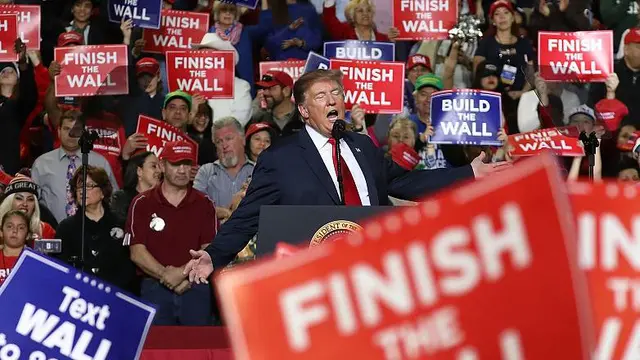A record four million tourists went to Cuba last year, including more than 600,000 visitors from the United States. This, along with the prospect of new business opportunities if the US trade embargo is lifted, has seen an increasing number of Cubans learning to speak English.
On the edge of Cathedral Square in colonial old Havana, high school graduate Jorge Perez earns a commission persuading US and other tourists to eat at one of the private restaurants there. Perez didn’t speak any English before he started working, but has taught himself enough to get by.
Perez may be self-taught but increasing numbers of Cubans are taking English language classes.
There are around 700 students enrolled at the University of Havana’s Faculty of Foreign Languages.
Teaching English in Cuba is not new, it has been on the curriculum for decades. But it is now the principle language taught here.
In the old days, there was a lot of emphasis on text books and repetition. Today, the emphasis is more about conversation.
For homework, the students wrote about what they did over the weekend and in class they had to discuss. China has also donated up-to-date language laboratories to help with interactivity.
Many of these student’s grandparents would have learnt Russian as a second language. Now, under new regulations, every university student must take English classes.
Last year, the Cuban government issued a decree requiring all high school and university students to graduate with a basic proficiency in English.
Martha Neufville, dean of the Foreign Language faculty said this is important. “We recognize or we understand right now that if you graduate and do not master this foreign language, you are really not going to be a very good professional,” she said.
The private sector is also getting involved, with a growing number of private English language schools opening across the country.
(CGTN)
 简体中文
简体中文

